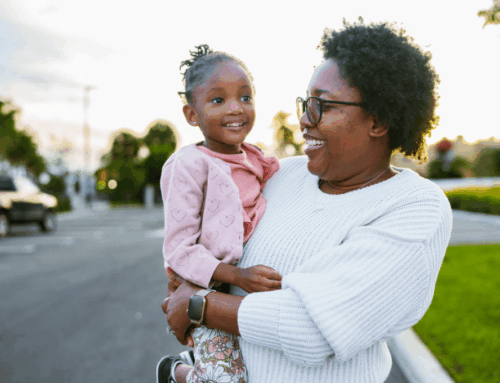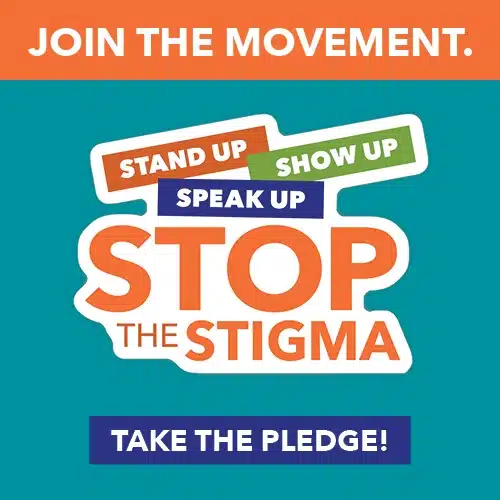Imagine trying to recover from a serious mental illness and not knowing where you will be sleeping at night. Or imagine the difficulty of managing a chronic illness such as diabetes or heart disease without a stable space to come home to. Unfortunately, situations like these are common in our communities.
The words “affordable” and “housing” often do not fit together in New Jersey, especially for those with special needs. In January 2015, 10,211 homeless adults and children were counted across the state of New Jersey during a “point in time” count which gives a snapshot of the homeless population. Forty two percent reported some type of disability, with more reporting mental health issues than any other type of disability.
Research shows that without a permanent, stable home to live in dignity, it is nearly impossible for individuals to move toward wellness and recovery. A home also provides opportunities for wraparound services, such as counseling and case management services which give people the chance to rebuild their lives. Inadequate housing can lead not just to homelessness, but also lengthy hospitalizations, frequent visits to psychiatric screening centers and ERs, and involvement in the criminal justice system.
We understand the critical need to provide housing that is not only safe, permanent and affordable but also accessible to community resources and transportation. Oaks Integrated Care currently houses 450 people in 114 supportive housing residences and 56 group homes in 46 communities throughout New Jersey. In addition, our PATH (Projects for Assistance in Transitioning from Homelessness) program in Camden and Mercer Counties places adults with a serious mental illness who are homeless or at risk of homelessness in appropriate housing and links them to formal mental health treatment.
As part of a collaborative effort to reduce homelessness in Camden County, Oaks recently partnered with the Camden Coalition of Healthcare Providers, a citywide coalition of hospitals, primary care providers, and community representatives that work together to deliver better healthcare to our most vulnerable citizens. The Coalition received 50 vouchers from the NJ Department of Community Affairs to implement a Housing First project to support homeless individuals with two or more chronic health conditions. The Housing First model provides an integrated solution to care by stabilizing the living situation first which allows individuals to focus on other priorities, such as their emotional and physical health. This innovative, evidence based approach has been highly effective in communities across the country.
Everyone deserves a decent affordable home to live a healthy life and enjoy a future. Housing and treatment can mean the difference between a person lost and a full meaningful productive life. By working together as a community, it’s possible to make permanent supportive housing accessible and give everyone the opportunity to attain the simple dream of “having a place to call home.”
– Pam









